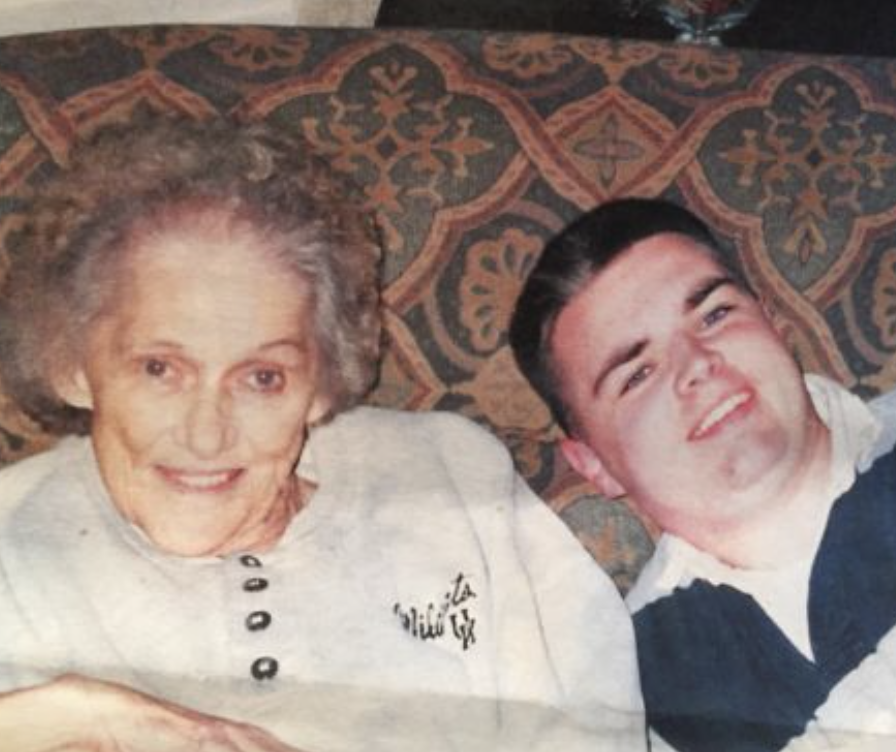The young J.D. Vance was used to the melodramas surrounding his mother Beverly Vance with her addictions to painkillers, heroin and alcohol, as well as the chaos caused by her five failed marriages and countless live-in boyfriends.
But his mother was trying to steer a car during one pivotal clash with Bonnie Blanton Vance, the matriarch known to all as "Mamaw."
"There was a lot of screaming, some punching and driving, and then a stopped car on the side of the road," wrote Vance, in his bestseller "Hillbilly Elegy," from 2016. "It's a miracle we didn't crash and die: Mom driving and slapping the kids in the backseat; Mamaw on the passenger side, slapping and screaming at Mom. … We drove home in silence after Mamaw explained that if Mom lost her temper again, Mamaw would shoot her in the face."
Once he was safely home – at his grandmother's house – Vance approached her on the battered couch where she napped, watched TV and read her Bible. He asked one question: "Mamaw, does God love us?" She hugged him and began weeping.
What Vance calls "Wisdom from the Book of Mamaw" guided his rise through the U.S. Marines to Ohio State University, Yale Law School, Silicon Valley, the U.S. Senate and now the Republican nomination to become Vice President of the United States.
Mamaw was a lifelong Democrat who distrusted organized religion, including "holy rollers" and snake handlers, cursed like a sailor and, when she died, her house contained 19 loaded handguns. But the soft heart and steel spine of the family's "hillbilly terminator" provided stability when needed.
In "Hillbilly Elegy" described what she taught him: "To coast through life was to squander my God-given talent, so I had to work hard. I had to take care of my family because Christian duty demanded it. I needed to forgive, not just for my mother's sake but for my own. I should never despair, for God had a plan."
Mamaw wasn't much of a churchgoer, but no one doubted her faith.





